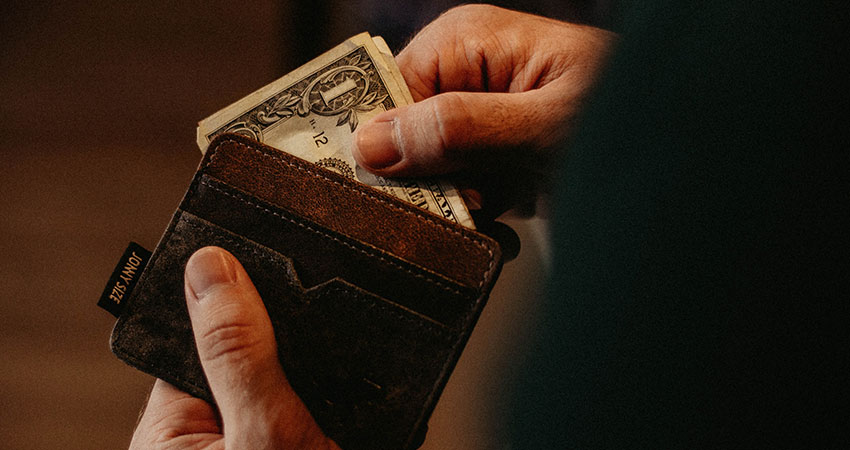A trio of industry experts offered a mostly gloomy picture of retail economic indicators at this week’s Shoptalk conference at the Mandalay Bay in Las Vegas, noting recessionary trends and a nagging reduction in demand for durable, higher-ticket goods as consumers keep their powder dry.
“The inverted yield curve says market participants are sending a warning,” said Michelle Meyer, chief economist for the U.S. at Mastercard. “We’ve had the inverted yield curve for several months, and it’s something that is causing a lot of angst.”
Demand for credit has dropped off for small and large businesses, often seen as a precursor to a recession, Meyer said. At the same time, home sales have tumbled, down 37% in February year-over-year, according to the National Association of Realtors.
She did note some silver linings, pointing to the job market and consumer spending, with the latter outpacing previous recoveries at about 8% in the last six months, a stronger figure than is typical.
Meyer said we’re currently in a “bifurcated economy,” with spending on services like lodging, airlines and restaurants particularly strong, but big-ticket durable goods like consumer electronics, furniture, cars, recreational goods and jewelry much slower.
Interest rate hikes tend to weigh heavy on durable goods, while non-durable and services are more resilient. “The consumer holds the key,” Meyer said. “Excess savings created post pandemic have been reduced, but some buffer remains.”
How quickly underlying inflationary pressures subside will depend on three measures, she said: when the labor market hits capacity, the extend of Federal Reserve rate hikes and whether households and companies still have access to credit.
Kristen Gall, president at ecommerce marketplace Rakuten, painted a rosier outlook for the luxury goods market, believing that personal luxury will grow.
“Resale will expand as luxury demand continues to surge,” Gall said. “Eight-four percent of luxury shoppers are willing to pay more for brands that deliver a desired brand image.” To this point, luxury apparel brand Phillip Lim, created by the popular fashion designer, scored high on a recent recommerce index.
Gall noted that spending by younger shoppers is growing three times faster than for older consumers. “There is a new generation taking up the banner of luxury,” she said, echoing brand experts at this year’s NRF show. “The key is coming to meet them where they are. They are playing in new spaces where luxury hasn’t been before.”
Laura Kennedy, a principal analyst at CB Insights, said the state of retail tech investment has been met with recent challenges, most prominently the spectacular implosion of Silicon Valley Bank. “This has created an environment of caution and less access to capital,” Kennedy said.
Kennedy predicted that company valuations will fall, more startups will fold and layoffs will intensify. She added that VCs and others funding retail tech are going to focus on more targeted investments and new growth opportunities in emerging markets.

